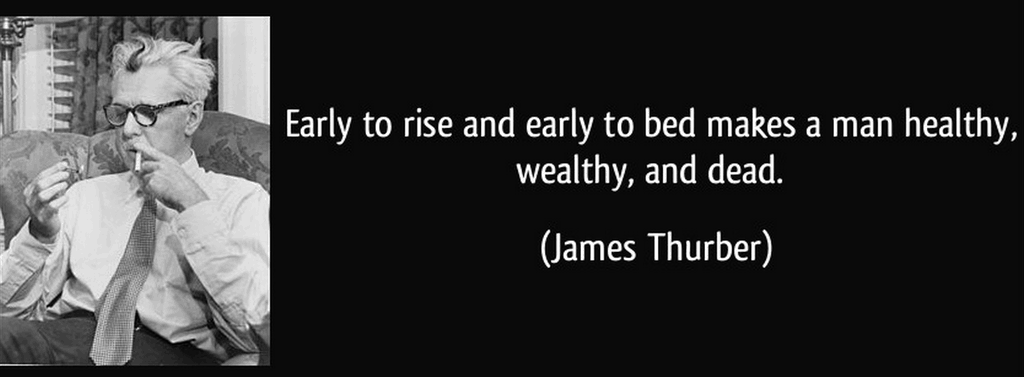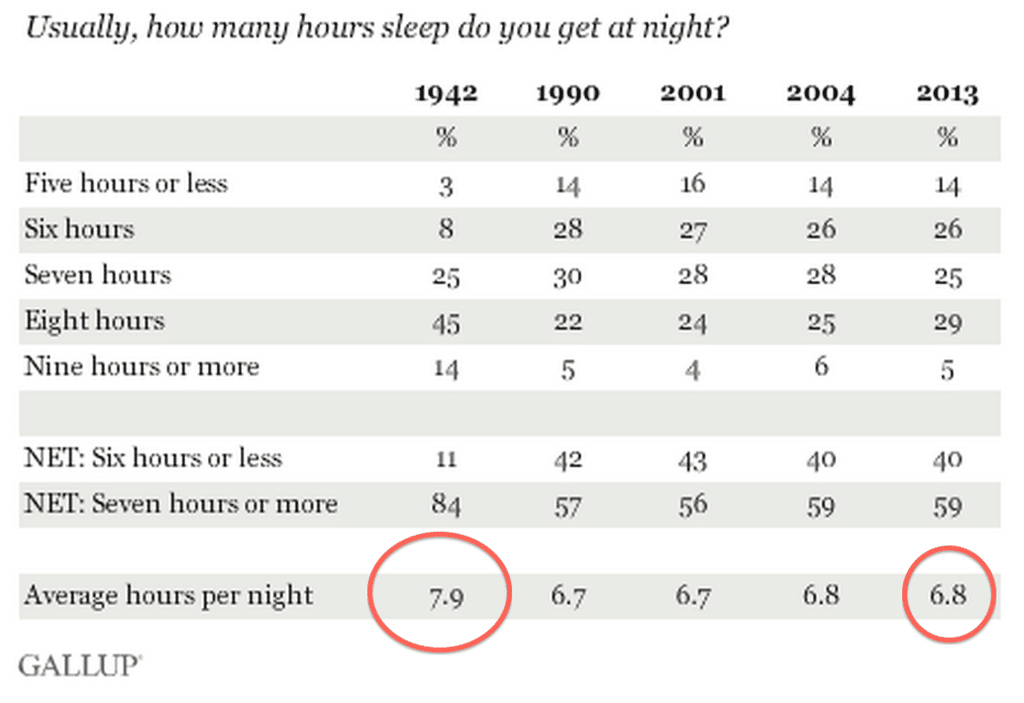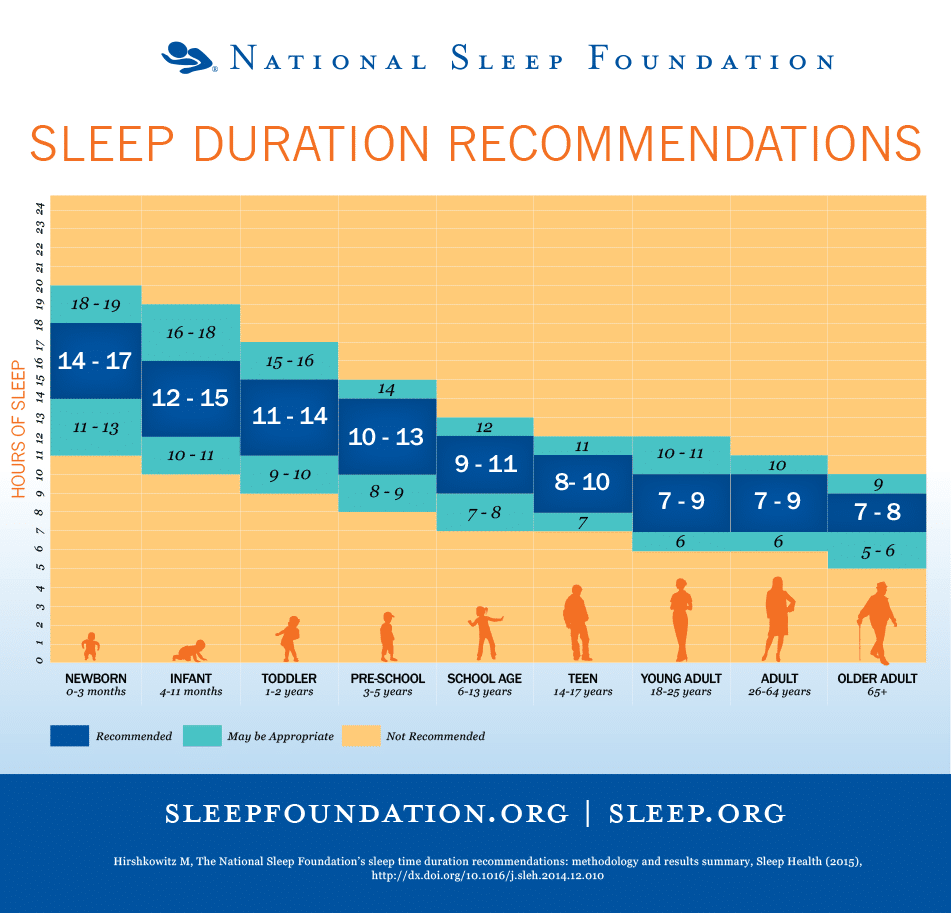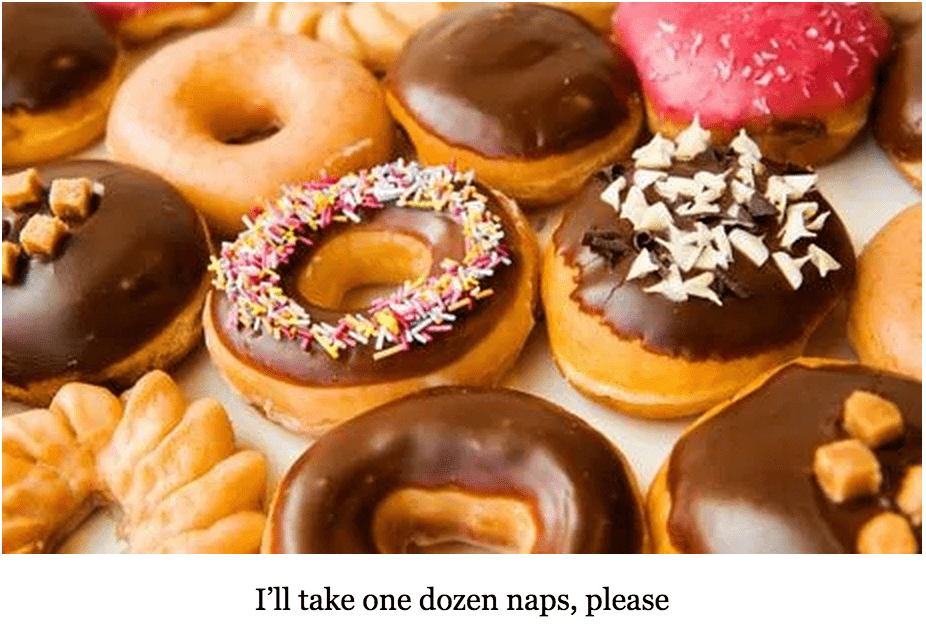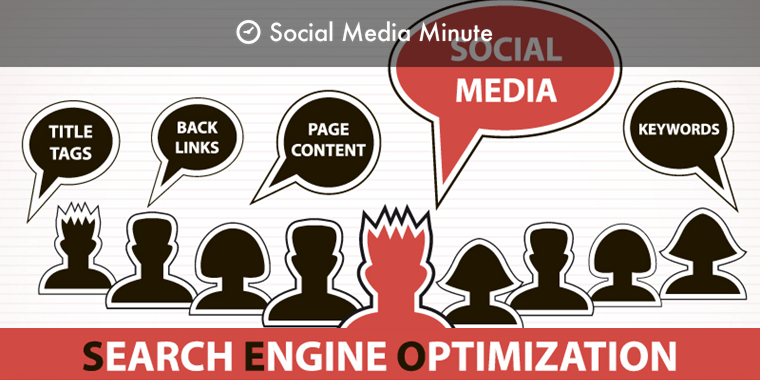
How One Simple Change Could Save Your Company $2,280 per Employee
Are you an early morning riser? As an employee or business owner, read the compelling case to start your day later.
___
Does early to bed and early to rise make a man healthy, wealthy, and wise?
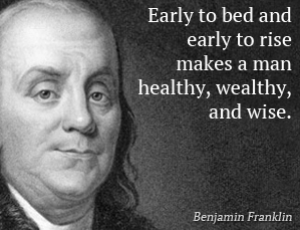 Benjamin Franklin certainly thought so. The saying appeared in the 1735 edition of Poor Richard’s Almanack. Benjamin Franklin published the annual almanack under the pseudonym of Poor Richard. There’s good reason to believe that Franklin endorsed the proverb’s uplifting message and was an early-riser himself!
Benjamin Franklin certainly thought so. The saying appeared in the 1735 edition of Poor Richard’s Almanack. Benjamin Franklin published the annual almanack under the pseudonym of Poor Richard. There’s good reason to believe that Franklin endorsed the proverb’s uplifting message and was an early-riser himself!
Another take on the old English proverb: According to Wikipedia, it was anonymously published by Franklin as a letter to suggest Parisians economize on candles by rising earlier to use morning sunlight.
Regardless of the real intent of using the phrase, given the social conventions of the day, it is apparent that Franklin wasn’t especially bothered when women got to work!
However, in 1928, Carl Sandburg suggested that:
Early to bed and early to rise and you never meet any prominent people.
And, in the New Yorker, February 1939, James Thurber turned it round with:
Early to rise and early to bed makes a male healthy and wealthy and dead.
Seven reasons why you should wake up earlier
The UMBC Wake-up Club, a not-for-profit student organization founded on Franklin’s belief that “Early to bed and early to rise makes a man healthy, wealthy and wise”, proposes seven reasons why you should wake up earlier:
- Prevent oversleeping and being late for school or work. “Many students are late for classes due to oversleeping.”
- Breakfast is the most important meal of the day, but it’s also one of the most skipped meals.
- Working out in the morning is one of the best ways to get your day going. Not only does it give you that energy boost, but also helps you sleep better at night.
- If you were to get up just one hour earlier each morning, you would gain 15 days in a year.
- Once you keep waking up early, it’ll be easy to get to bed early, too. Getting the proper amount of sleep not only gets you more energized for the day, but it also improves your mental health, creativity, and weight control.
- Many early risers cite increased creativity and inspiration in the morning hours. Great works of art and novels got written in the first hours of the day.
- The early risers are one step ahead of the crowd: calm, collected, and accomplished when everyone else is rushing to the office. The early-bird has it under control. When you wake up early, you have more time for planning, strategic thinking, and getting organized.
The Reality: How many hours of sleep do you need a night
Despite the compelling reasons listed above to wake up earlier, the reality is that we are not getting enough sleep. There may be truth to Sandburg’s and Thurber’s twist on the old proverb.
Recent studies show that in the US, 40% of Americans get less than the recommended seven to nine hours of sleep. Those figures are largely unchanged from Gallup polls in the 1990’s and 2000’s, but Americans, on average, slept much more in the 1940’s. Americans currently average 6.8 hours of sleep at night, down more than an hour from 1942.
Experts recommend seven to nine hours of sleep for adults
A panel of leading sleep experts recently announced that adults should be getting a minimum of seven hours of sleep per night. And if you’re regularly not getting enough shut-eye, your health may suffer. Read more on the new recommendation in the June 2015 issue of the journal SLEEP.
Currently, 59% of U.S. adults meet that standard, but in 1942, 84% did. That means four in ten Americans get less than the recommended amount of nightly sleep, compared with the 11% who did so seventy years ago.
Why the shift to less sleep?
The evidence that time spent working was the most prominent sleep thief was overwhelming.
People shorten their sleep time because they’re working. According to the Gallup study, respondents who got less than seven hours of sleep per night also had:
- longer commutes
- began their commutes earlier in the morning
- ended their commutes later in the evening than normal sleepers
How much sleep are you getting?
Medical studies have related a lack of sleep to health problems and cognitive impairment.
Seven benefits of a good nights sleep
Few things can make you feel better than a good night’s sleep. And few things have as powerful an influence on our lives and health. Sleep restores and recharges us, keeps us healthy, and can even affect medical conditions such as diabetes and weight gain.
From WebMD, Seven Benefits of Good Night’s Sleep:
1 – Sleep takes hundreds of calories off your next day
A study in the American Journal of Clinical Nutrition showed that people ate an average of nearly 300 fewer calories per day when they were well rested.
- If you don’t sleep sufficiently, then your body doesn’t get the time it needs to recharge fully. If you have no energy, then it makes perfect sense to eat whatever you can to stimulate yourself back to normal.
2 – Sleep makes you smarter
You absorb thousands of things every day – for example, new words or a new routine in your Zumba class. When you sleep, your brain sorts through all of this info.
- “If you’re trying to learn something, go to bed.” Chances are you’ll remember that speech or perform those dance moves better in the morning.
3 – Sleep brightens your mood
When you toss and turn all night, chances are good you’ll be cranky the next day. But when wake up refreshed, it’s so much easier to be pleasant.
4 – Sleep heals you from the inside out
While you sleep, your brain triggers the release of hormones that encourage tissue growth. This growth can help you recover from injuries such as cuts or even sore muscles from your last workout.
- People who slept at least eight hours a night were three times less likely to come down with a cold than those who got seven hours or less.
5 – Sleep guards your heart
Your blood pressure dips as you snooze. That may give your heart a break. There may be other heart-health benefits, too.
6 – Sleep revs you up
Get enough sleep, and you’ll have enough energy for all kinds of activities.
7 – Sleep makes tough decisions easy
Stumped about something? Hit the hay, and you may wake up to a new way of looking at it. It’s true: You should sleep on big issues.
- You need to get enough sleep to think well. “It’s the difference between firing on 4 and 6-cylinders.”
- It can also boost your creativity. Your rested brain is better prepared to tap into your unconscious thoughts.
A Scientific Case For Starting The Workday At 10 AM
As an employer or small business owner, does this headline news from CNN make you stop in tracks:
Insomnia costs U.S. $63 billion annually in lost productivity
Per the Huffington Post, sleep deprivation is linked with:
Overall, sleep loss is estimated to cost the U.S. $63 million in lost productivity. According to the report, sleep deprived workers were so consistently tired on the job that they cost their employers the equivalent of 7.8 days of work in lost productivity each year — an amount equal to an average of about $2,280 in salary per person.
Potential intervention strategies to decrease the prevalence of chronic sleep loss in the population include
- Greater flexibility in morning work and class start times
- Reducing the prevalence of multiple jobs
- Shortening morning and evening commute times
The Solution:
Results show that with every hour that work or educational training started later in the morning, sleep time increased by approximately 20 minutes. Per the study findings,
- Workers who started the day at or before 6 am slept only six hours on average
- Sweet spot: Those who started between 9 am and 10 am – slept an average of 7.3 hours.
- Self-employed workers, who presumably had more flexible schedules, were 17 percent less likely to get insufficient sleep
The idea of pushing the workday back an hour or two might seem radical to some employers, but the benefits for both employee well-being and the bottom line of your business could be significant. Plenty of research shows that sleep deprivation can have a detrimental impact in the workplace!
___
Are you convinced?
Do you believe Franklin’s “Early to bed and early to rise, makes a man healthy, wealthy and wise.”? Or Thurber’s “Early to rise and early to bed makes a male healthy and wealthy and dead.”?
Should your ideal workday start at 10 am?
Did you find this post helpful?
Share and comment!
Debra Garber
Related Posts
IN THIS ARTICLE

